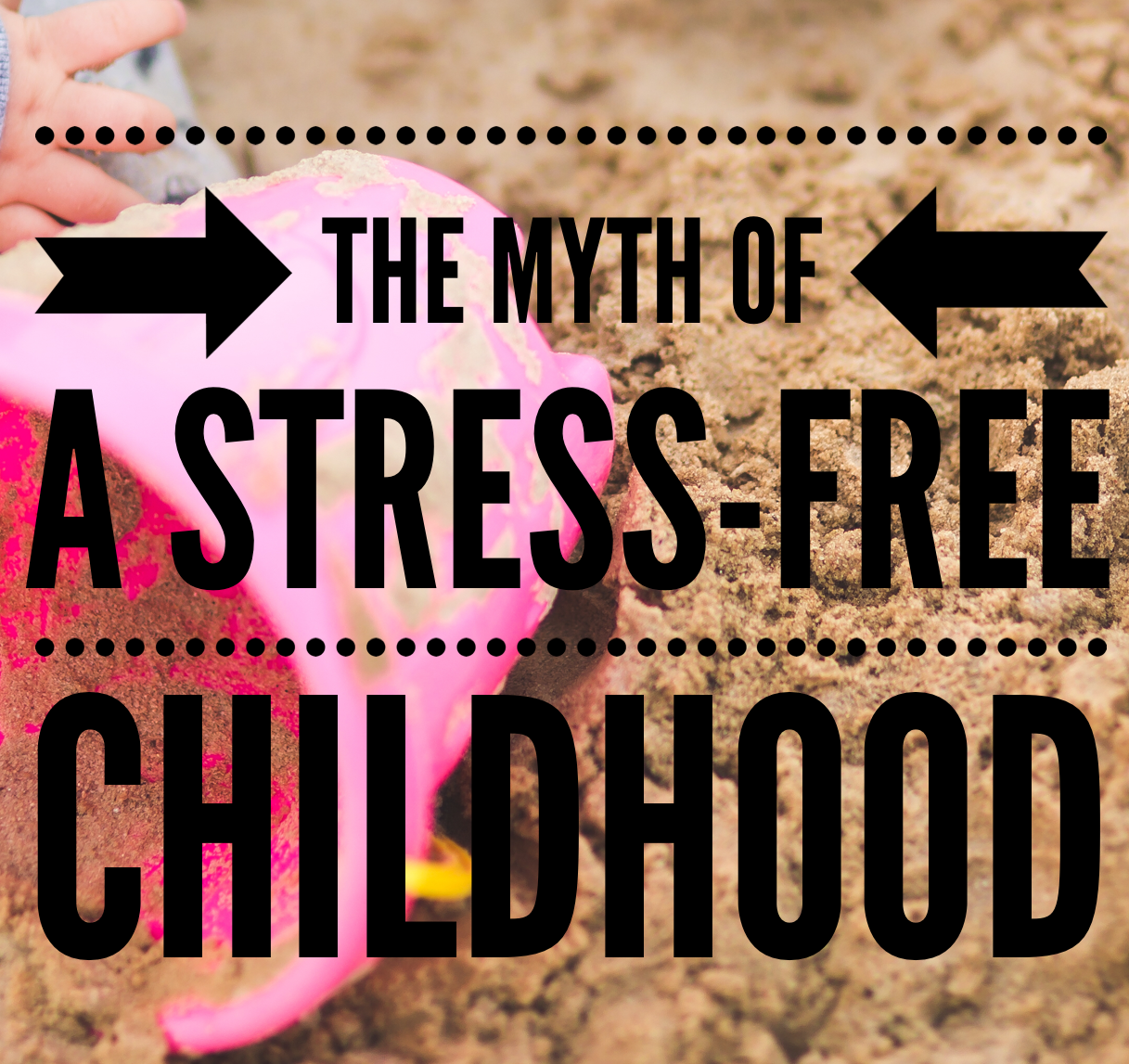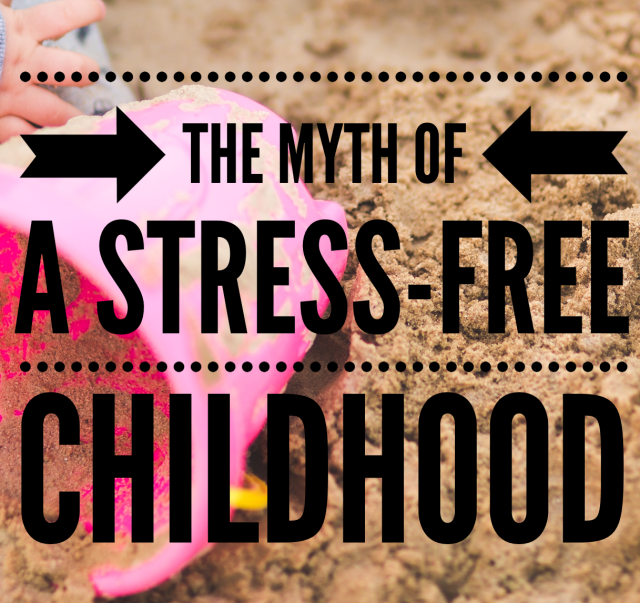
I was struck recently by two seemingly conflicting articles that popped up in my social media feeds on the same day. One was entitled, Children and Stress–How to Create a Low Stress Environment for your Child and the other title was, “Children Need Some Stress in the Their Lives”: The New Science of Resilience. Now, on the face of it, these seem to be two conflicting articles. What is a parent to do–help your child avoid all stress or allow your child to experience stress?
In reality, both of these articles had some really insightful and thought-provoking lessons about the science of stress in relation to child development. We mostly have negative connotations with the idea of stress. People talk about being “stressed out” at work or school. In reality, some amount of stress is normal and perhaps even beneficial. I remember the stress of starting college in a new town, not knowing anyone. It was stressful at times. I remember my heart racing as I went to my first class and met my first roommate. But what if I can avoided this stress and stayed at home? I would not have grown or learned new coping mechanisms and new skills.
Stress becomes negative and even life-altering when it is so intense that it affects your mental health, relationships, and overall well-being. As Miki Dedijers points out in his article, this is the type of stress that parents sometimes experience and the kind that can affect your children. As he says, “When you’re stressed, your child’s small body senses that there’s some unknown reason for her, too, to be on high alert. Her most trusted adult is wound up tight with apprehension.”
This I think is the real wisdom we can gain from these two articles. The stress that comes with normal developmental stages or changes is what our children use to propel them to the next level. As Michael Rutter points out in his studies on resilience, “children need some stress in their lives, so they can learn to cope with it. Development involves both change and challenge and also continuity. So to see the norm as stability is wrong.” The typical process of development requires some amount of stress. If you try to protect your child from that, they will inevitably be hampered by it.
They key to coping with stress, in all it’s forms, is finding coping mechanisms that work for the individual. What Rutter has found in his research is that relationships are one of the most influential factors in dealing with stress.
For children, the most toxic stress can often be the result of failed or dysfunctional relationships. Children who experience abuse, trauma or neglect at the hands of a once-trusted caregiver are dealing with a type of stress that is at the limit of their underdeveloped mental capacities. This is the type of stress that can be life-altering. However, as Rutter points out, the establishment of even one caring, consistent adult relationship can often be the key to resilience for these children, despite tragic situations they may have experienced.
For us parents too, relationships are one of the keys to coping with stress in our lives as well. As Miki Dedijers describes, overcoming stress is not a quick fix to be solved by a change in diet or meditation. It many times requires a change in lifestyle. Our relationships help us navigate through changes in our lives. Just talking to someone else whom you trust can be the beginning of coping with stress. Isolation from others can be very stressful. As any new parent who spends hours at home alone with a newborn can tell you, a lack of social relationships can make for stressful living. Positive relationships can help buffer us against the stresses of life.
Ultimately we cannot create a stress-free life for our children. If we really think about it, we know this is not healthy for them either. Some of the stressful challenges many of us have faced have helped us become stronger, more resilient people. In order to help our children, however, we have to keep our stress at a level that is manageable. In doing so, we can help our children learn the skills they need to cope with the inevitable stress they will face. As in many aspects of parenting, you teach best by modeling.











